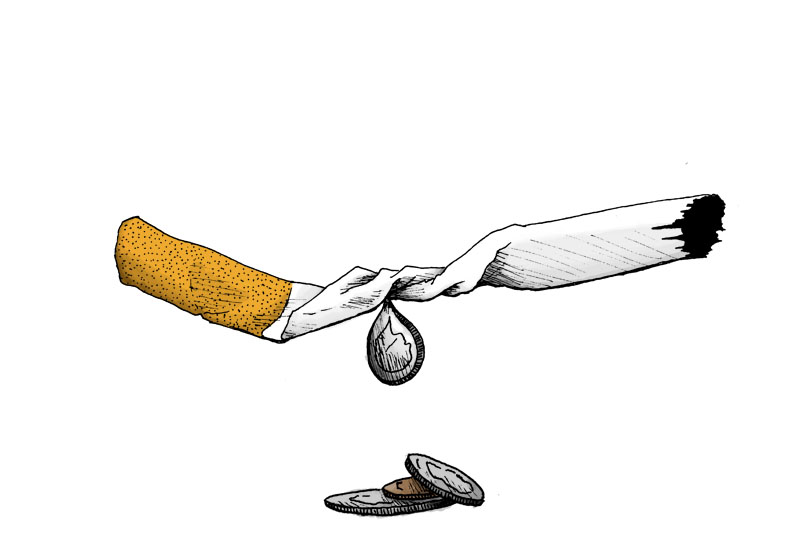
The Philippines should increase excise taxes on tobacco products to at least 75 percent of the average retail price, according to Jeremias Paul Jr., a former undersecretary at the department of finance who now leads the World Health Organization’s fiscal policy unit.
The measure would generate additional revenue for Covid-19 measures and minimize coronavirus infections with severe symptoms.
“With this limited fiscal space, one potential option I really urge countries to do is raise tobacco and other health taxes. Raising excise taxes on tobacco products is a proven effective and cost-effective measure to prevent NCDs [noncommunicable diseases],” he told The Philippine Star.
According to Paul, the government should also consider factors such as affordability trend and tax structure in determining how much tobacco tax should be imposed.
At the end of the day, he said the excise tax should result in price hikes that will force buyers to rethink consumption.
In 2019, President Rodrigo Duterte signed into law an excise tax of PHP45 ($0.88) per pack on cigarettes. The amount is set to increase to PHP50 this year, PHP55 in 2022 and PHP60 in 2023.
Last year, revenue agencies collected PHP148.45 billion in tobacco taxes, exceeding their target of PHP139.12 billion by nearly seven percent. In 2021, collection has grown by more than 31 percent to PHP82.97 billion as of the end of July from PHP63.3 billion a year ago.










